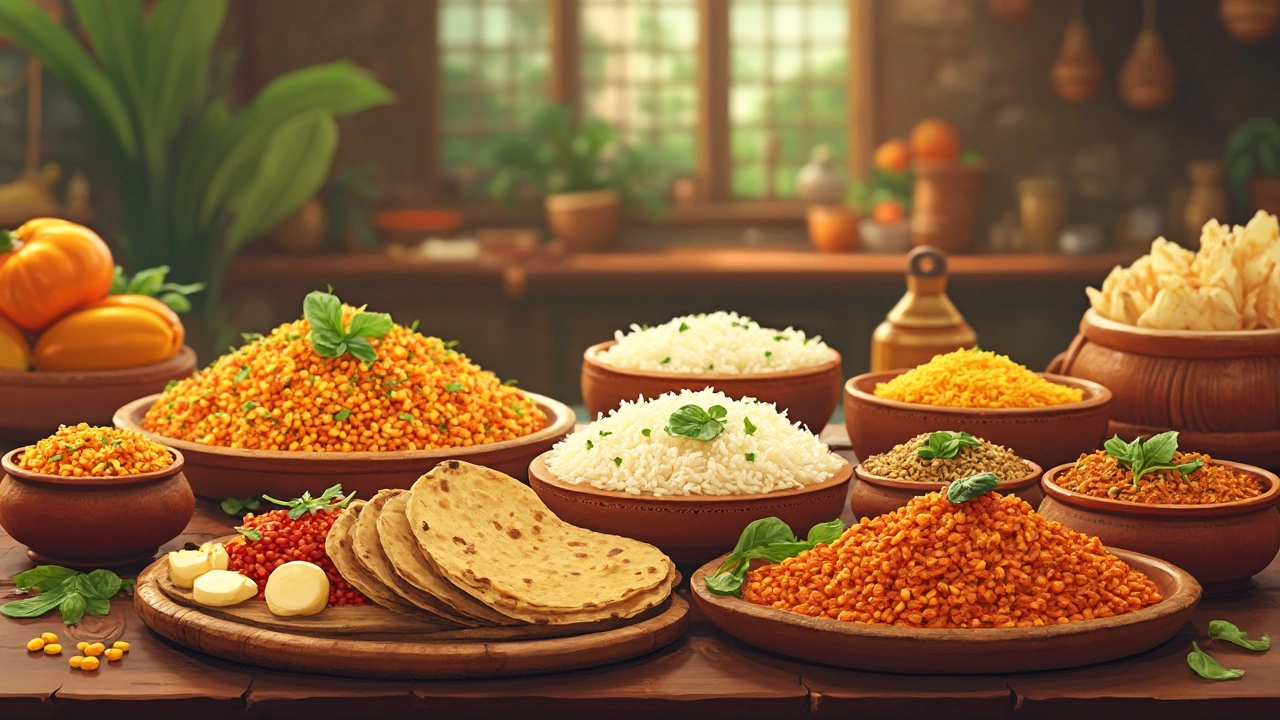Protein Foods: What to Eat for Muscle and Energy
If you want stronger muscles, faster recovery, or just more stamina, protein is the core ingredient. The good news? You don’t need fancy supplements to hit your protein goals – real foods have you covered. Below you’ll find the most effective protein sources, how much you actually need, and simple ways to add them to everyday meals.
Top Animal-Based Proteins
Animal foods are dense in high‑quality protein, meaning they provide all nine essential amino acids your body can’t make on its own. Chicken breast tops the list: a 100‑gram serving packs about 31 g of protein with low fat. It’s cheap, versatile, and cooks in under 15 minutes. If you like red meat, lean cuts of beef (like sirloin) deliver roughly 26 g of protein per 100 g plus iron and zinc, which support energy production.
Eggs are another powerhouse. One large egg gives 6 g of protein, and the combination of whites and yolks supplies both muscle‑building amino acids and healthy fats. For a quick snack, hard‑boil a batch and keep them in the fridge.
Fish, especially salmon and tuna, offer about 22‑25 g of protein per 100 g and add omega‑3 fatty acids that reduce inflammation after workouts. Canned tuna is a budget‑friendly pantry staple – just mix it with a little olive oil, lemon, and pepper for a protein‑rich salad.
Powerful Plant‑Based Options
Plant proteins have come a long way. Legumes like lentils and chickpeas deliver 8‑9 g of protein per half‑cup cooked, plus fiber that steadies blood sugar. Pair them with whole grains (e.g., brown rice or quinoa) and you get a complete amino acid profile.
Quinoa is a grain that stands out because it’s a complete protein on its own – about 4 g per cup cooked. It’s easy to swap into any side dish, stir‑fry, or breakfast bowl.
Tofu and tempeh are soy‑based staples. Firm tofu gives roughly 10 g of protein per 100 g, and it soaks up flavors well. Tempeh is a bit denser, offering around 19 g per 100 g, plus a nutty taste that works great in sandwiches or grilled skewers.
Don’t forget nuts and seeds. While they’re higher in calories, a handful of almonds (6 g protein) or two tablespoons of pumpkin seeds (5 g protein) can boost your daily intake and add healthy fats.
Combining these foods throughout the day is the easiest way to meet the typical recommendation of 1.2‑2.0 g of protein per kilogram of body weight for active adults. For a 70 kg person, that’s 84‑140 g of protein daily. Spread it over three to five meals to keep digestion smooth and muscle protein synthesis steady.
Practical tip: Aim for a protein source in every meal – breakfast eggs or Greek yogurt, lunch chicken or lentil soup, dinner fish or tofu stir‑fry. Add a quick shake only when you’re short on time.
Remember, the best protein foods are the ones you’ll actually eat consistently. Mix animal and plant options to keep meals interesting, and you’ll stay fueled for every training session.

